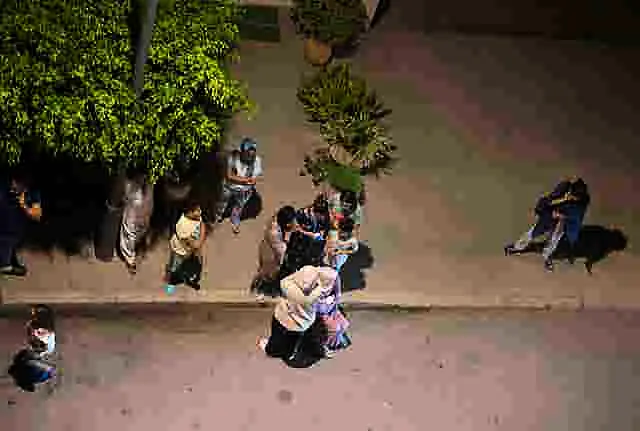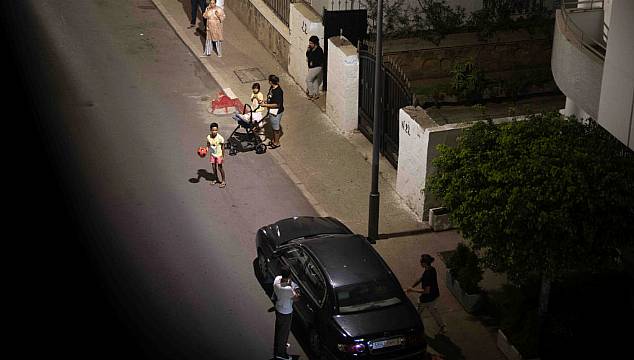A powerful earthquake that struck Morocco late on Friday night killed at least 600 people, the country’s Interior Ministry said.
Additionally, 153 injured people were sent to hospitals for treatment. The ministry wrote that most damage occurred outside of cities and towns.
Moroccans posted videos showing buildings reduced to rubble and dust and parts of the famous red walls that surround the old city in historic Marrakech, a Unesco World Heritage site, damaged.
Tourists and others posted videos of people screaming and evacuating restaurants in the city as throbbing club music played.

The US Geological Survey (USGS) said the quake had a preliminary magnitude of 6.8 when it hit at 11.11pm local time, with shaking that lasted several seconds.
Morocco’s National Seismic Monitoring and Alert Network measured it at 7 on the Richter scale.
The tremor’s epicentre struck near the town of Ighil, roughly 70 kilometres south of Marrakech.
As per Moroccan news site 2M, town loader Abderrahim Ait Daoud from Talat N’Yaaqoub, a town close to the quake’s epicentre, revealed that several homes in the surrounding areas had partially or totally collapsed.
He added that authorities are currently working to clear roads in Al Haouz Province to allow passage for ambulances and aid to populations affected; however, he added that the large distances between mountain villages mean it will take time to learn the extent of the damage.
Other local media also reported roads near the quake’s epicentre were jammed with vehicles and blocked with collapsed rocks, slowing rescue efforts.
The USGS said the epicentre was 18 kilometres below the Earth’s surface, while Morocco’s seismic agency put it at 8 kilometres down. In either case, such shallow quakes are more dangerous.
Rather than return to concrete buildings, men, women and children stayed out in the streets worried about aftershocks and other reverberations that could cause their homes to sway.
The US agency reported a magnitude 4.9 aftershock hit 19 minutes later.

Though earthquakes are relatively rare in North Africa, a magnitude 5.8 tremor struck near Agadir and caused thousands of deaths in 1960.
National Institute of Geophysics’ head of the Seismic Monitoring and Warning, Lahcen Mhanni, told 2M TV that the earthquake was “exceptional”.
He said: “Mountainous regions in general do not produce earthquakes of this size.
“It is the strongest earthquake recorded in the region.”
Agencies in both Portugal and Algeria confirmed Friday’s quake was felt in both nations.







